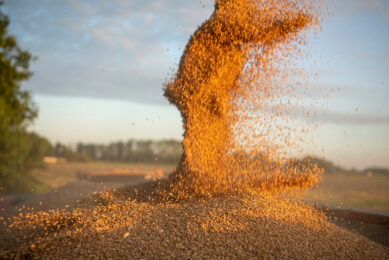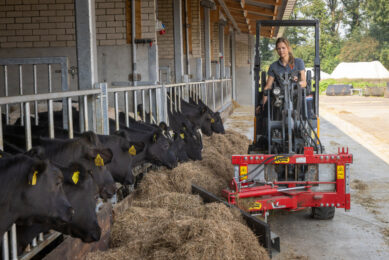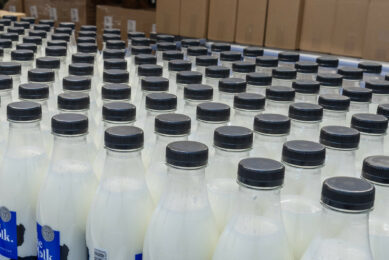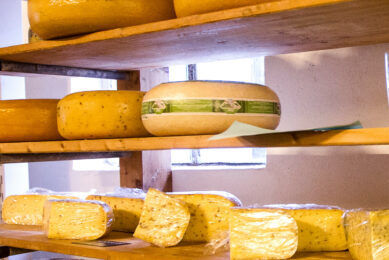EU-UK trade agreement: What it means for agricultural products
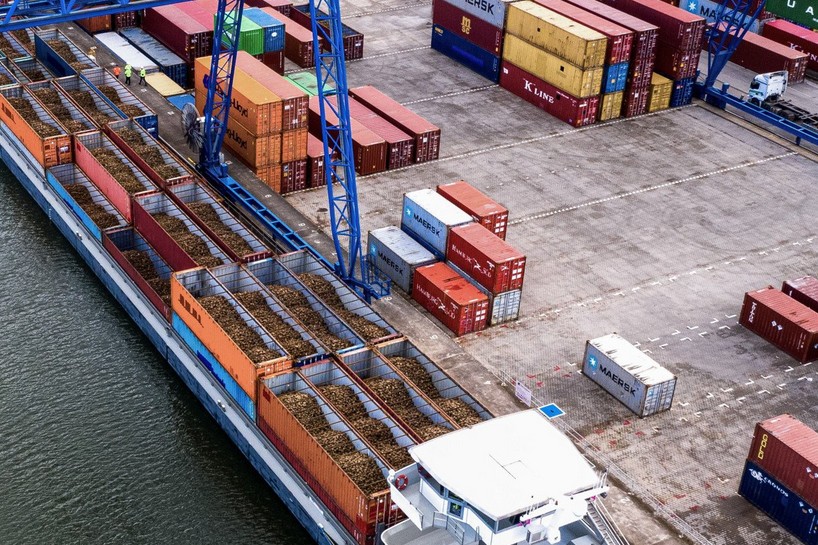
The mutual export of agrifood products between the European Union (EU) and the United Kingdom (UK) must occur again without certification, border controls or other red tape. This was agreed at the UK-EU summit.
The British will ‘dynamically’ follow EU regulations for products of animal or plant origin. The UK will also contribute financially to European activities around food standards.
This was agreed during the first summit between the European Union and the United Kingdom since Brexit in 2020, where European leaders met in London yesterday (19 May). Both parties will work on an ‘unlimited sanitary and phytosanitary agreement’. In return, London must allow European fishermen to have access to British waters until at least 2037. The EU insisted that prime minister Keir Starmer make commitments on this point before the agrifood trade could be arranged.
Same rules in the EU and the UK
The agreement must concern ‘rules on health, phytosanitary requirements, food safety and general consumer protection for the production, distribution and consumption of agrifood products’. Furthermore, the conditions for live animals and pesticides will also be aligned. “The agreement must ensure that the same rules always apply in the EU and the UK,” Starmer said, adding that “our teams are working as quickly as possible” to put the agreements into practice.
Since Brexit, the rules for ‘third countries’ apply to the export of agrifood to the British market and vice versa, including certifications, inspections and border controls. This results in higher costs and is much more of an administrative burden. The physical checks mean that trucks with fresh products to British customers often have to wait a long time, which causes spoilage.
UK share in Dutch exports down
Dutch agricultural exports increased by 4.8% across the board last year, but for the UK this was limited to 0.3%, according to Statistics Netherlands (CBS). The UK’s share in Dutch agricultural exports decreased from 10.5% in 2015, the year before the Brexit referendum, to 7.7% in 2023. The growth of Dutch agricultural exports to the UK is lagging behind other EU markets, with which trade is easier due to the lack of formalities at customs, according to Statistics Netherlands. It is notable that the export of greenhouse materials is actually increasing.
Producers of food and beverages in the EU do seem to be adapting to the Brexit rules more quickly than their British counterparts. Last year, the EU managed to export €52.75 billion to Britain, which was 3.3% more than in 2023. This is not only due to price inflation, because volumes also increased considerably. The Dutch share was 1.2% higher at €9.1 billion, which meant that the country remained the largest foreign supplier. Vegetables accounted for €912 million of this, chicken €723 million and potatoes €651 million. However, the EU share in total British imports fell from 71.5% to 70.7%. Britain’s exports to the EU increased by 0.5% to £16.5 billion, although there was a sharp decline in the volumes.
Join 13,000+ subscribers
Subscribe to our newsletter to stay updated about all the need-to-know content in the dairy sector, two times a week.



